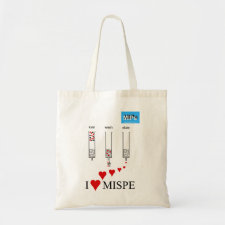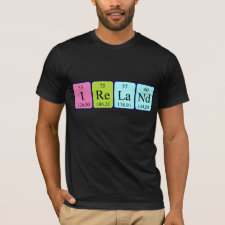
Authors: Zuo XB, Mosha D, Hassan MM, Busch DH
Article Title: Molecularly imprinted polymers for the specific rebinding of macrocyclic metal complexes via non-covalent interactions.
Publication date: 2003
Journal: Abstracts of Papers of the American Chemical Society
Volume: 225
Issue: (NUCL)
Page numbers: 26.
Abstract: The specific binding of templated macroporous polymers is of much interest for separations science and enzyme-like catalysis. While covalently bound imprints work best, non-covalently imprinted polymers are attractive because of the easy removal of the imprint and rapid rebinding. We explore hydrogen bonding, electrostatic interactions, and minor metal-ligand interactions in new noncovalently imprinted polymers designed for the specific recognition of macrocyclic metal complexes. The imprinting of all N,N',N'',N'''- tetra(2-carbamoylethyl)cyclam-nickel(II) salts involve multiple hydrogen bonding interactions when combined during copolymerization with the functional monomer acrylamide or with the crosslinking monomer N,N'-ethylenebisacrylamide. Parallel experiments using the vinylsulfonate salt of the same macrocyclic complex add electrostatic interactions, and use of good coordinating groups as functional polymers (e.g. vinyl pyridines) adds the minor ligand component. Selectivity is being explored for a range of metal ions. The polymers are characterized by the extent of rebinding, selectivity, and morphological determinations



Join the Society for Molecular Imprinting

New items RSS feed
Sign-up for e-mail updates:
Choose between receiving an occasional newsletter or more frequent e-mail alerts.
Click here to go to the sign-up page.
Is your name elemental or peptidic? Enter your name and find out by clicking either of the buttons below!
Other products you may like:
 MIPdatabase
MIPdatabase









